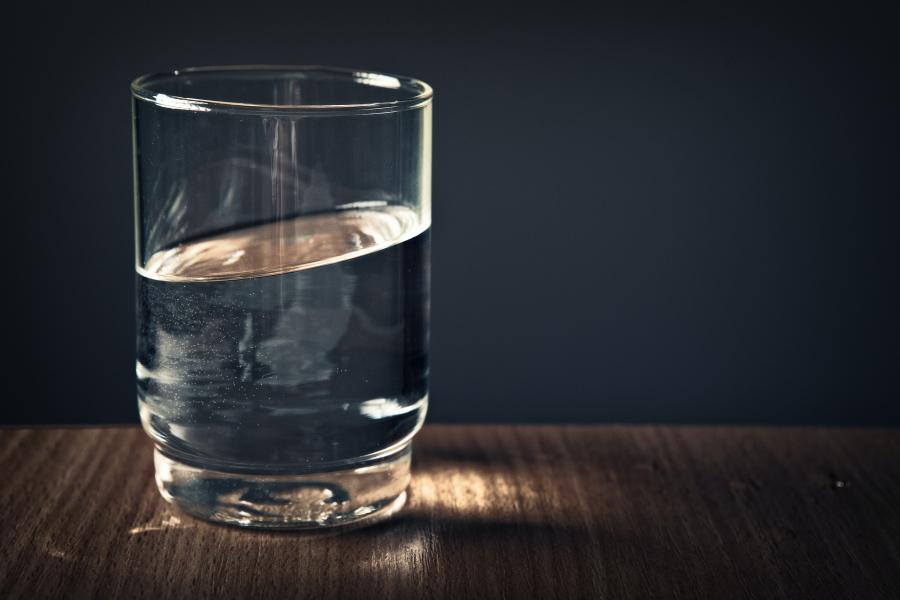What is Hard Water and Should You Worry About It?

One of the many properties of water is hardness. Hardness is a measure of the amount of minerals, primarily calcium and magnesium, dissolved in water. The term hardness was originally applied to water that was hard to wash in, referring to how easy or hard it was for soap to create a lather. In short, the more calcium and magnesium in the water, the harder it is to make suds.
The American Society of Agricultural and Biological Engineers (ASABE) and the Water Quality Association (WQA) have developed a uniform classification for water hardness. Cleveland Water falls right in the middle of this scale with moderate hardness. Specifically, the hardness of Cleveland Water is 7 grains/gallon or 120 mg/L (milligrams per liter) as calcium carbonate and is based on the naturally occurring level of minerals in Lake Erie.
Hard water is not a health concern. In fact, the National Research Council states that drinking hard water generally contributes a small amount toward a small amount toward your total calcium and magnesium dietary needs.
For residential customers, adding a whole-house water softener to your home’s plumbing system is not necessary. In fact, it can cause your salt intake to increase significantly. This is because most water softeners remove calcium and magnesium by replacing those minerals with salt.
A water softener that uses salt as part of this ion exchange process can result in you drinking 8 to 16 times more salt per glass of water than what you otherwise would. Removing minerals from your water also changes the water’s stability and can make it more corrosive. So if a softening system is installed where water enters your house, you could be corroding your home’s plumbing system.
Still, water hardness can be a household nuisance. When hard water evaporates, it leaves behind mineral deposits. These deposits can appear as white residue on dishes, glassware, shower walls, and sinks and can accumulate in water heaters, dishwashers, washing machines, and other water-using household appliances.
If bathroom and kitchen surfaces aren’t regularly cleaned, the residue can be hard to remove since soap or detergents combine with the minerals to form a sticky soap film. And if appliances aren’t regularly cleaned and maintained, the mineral buildup can result in inefficient operation or a reduced lifespan.
An easy and inexpensive way to clean mineral buildup is by using distilled vinegar. Since the majority of hard water is calcium, which is highly reactive with acids like vinegar, soaking small appliance parts or wiping down counters with a water-vinegar solution will dissolve the calcium deposits.
